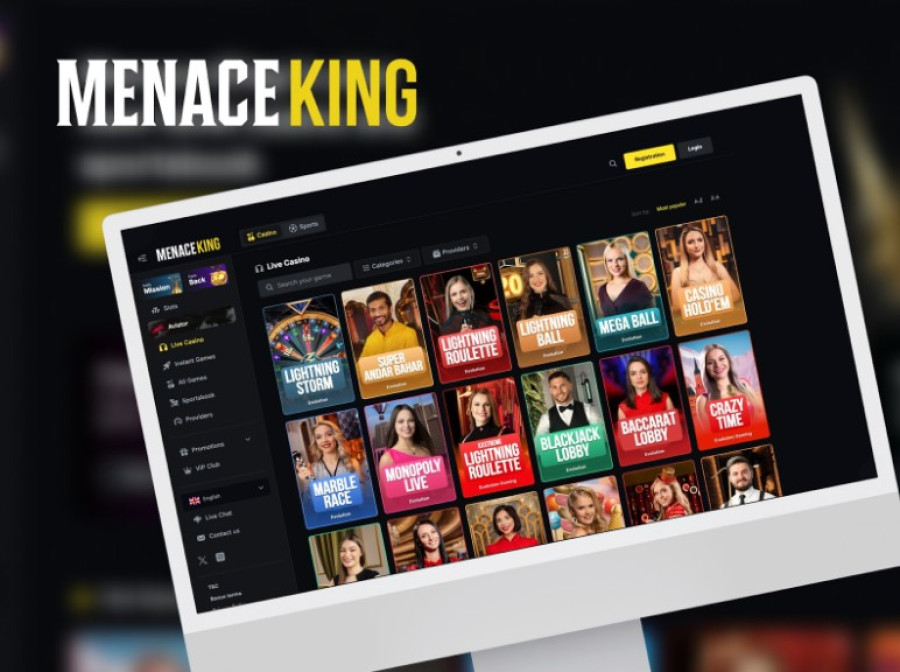Social media has become an integral part of student life, influencing how young people communicate, learn, and engage with their communities. Platforms like Instagram, TikTok, Twitter, and Facebook offer unique opportunities and challenges that shape the student experience.
Connecting and Networking
Social media allows students to connect with peers, forming friendships and networks that extend beyond the classroom. Group chats and online communities enable collaboration on projects and sharing of resources, enhancing both academic and social experiences. These platforms also facilitate connections with professionals and alumni, opening doors for internships and career opportunities.
Learning and Resource Sharing
Many students use social media as a tool for learning. Educational content, such as tutorials and discussions on platforms like YouTube and LinkedIn, provides alternative ways to grasp complex subjects. Social media can also serve as a space for academic support, where students share study tips, notes, and advice, creating a collaborative learning environment.
Activism and Awareness
Social media has empowered students to engage in activism and social issues. Campaigns for climate change, mental health awareness, and social justice have gained traction through viral posts and hashtags, mobilizing young people to take action. This sense of collective responsibility fosters civic engagement and encourages students to advocate for change within their communities.
Mental Health Implications
However, social media also presents challenges. The pressure to maintain a curated online presence can lead to anxiety and comparison, impacting mental health. Cyberbullying and the fear of missing out (FOMO) are prevalent issues that many students face. It's crucial for students to navigate these challenges mindfully, seeking support and prioritizing their well-being.
Conclusion
In conclusion, social media plays a multifaceted role in student life, offering opportunities for connection, learning, and activism while also posing challenges related to mental health and well-being. As students continue to navigate this digital landscape, developing a balanced approach to social media use will be essential for fostering both personal growth and positive community engagement.









